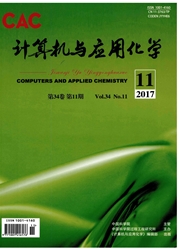

 中文摘要:
中文摘要:
乙醇是一种非常重要的可再生燃料,在本文中,从环境影响和经济效益的角度对不同的原料玉米、纤维素和乙烯生产制乙醇的工艺过程进行了评估,并利用Aspen Plus模拟软件中的严格物料和能量平衡模块对典型的生产工艺进行了设计、模拟和优化。基于模拟的结果,提出了定量的环境影响方法-绿色度理论,并通过综合对比文献中报道的数据和模拟数据表明,纤维素制乙醇具有更强的环境影响优势,但在经济效益方面仍需要进一步改进。
 英文摘要:
英文摘要:
Ethanol is considered one of the most important renewable fuels due to its economic and environmental benefits. In this study, different sources used for ethanol production such as corn, cellulose, and ethylene are evaluated in terms of environmental impact and economic benefit. The typical production processes are designed, simulated, and optimized based on the rigorous material and energy balance by Aspen Plus. Based on the simulation results, the quantitative environmental impact (Green Degree method) assessed in this study. Compared with the data from literature and other related studies, cellulosic ethanol shows a greater advantage in terms of environmental performance. However, the economic aspect needs further improvement.
 同期刊论文项目
同期刊论文项目
 同项目期刊论文
同项目期刊论文
 期刊信息
期刊信息
